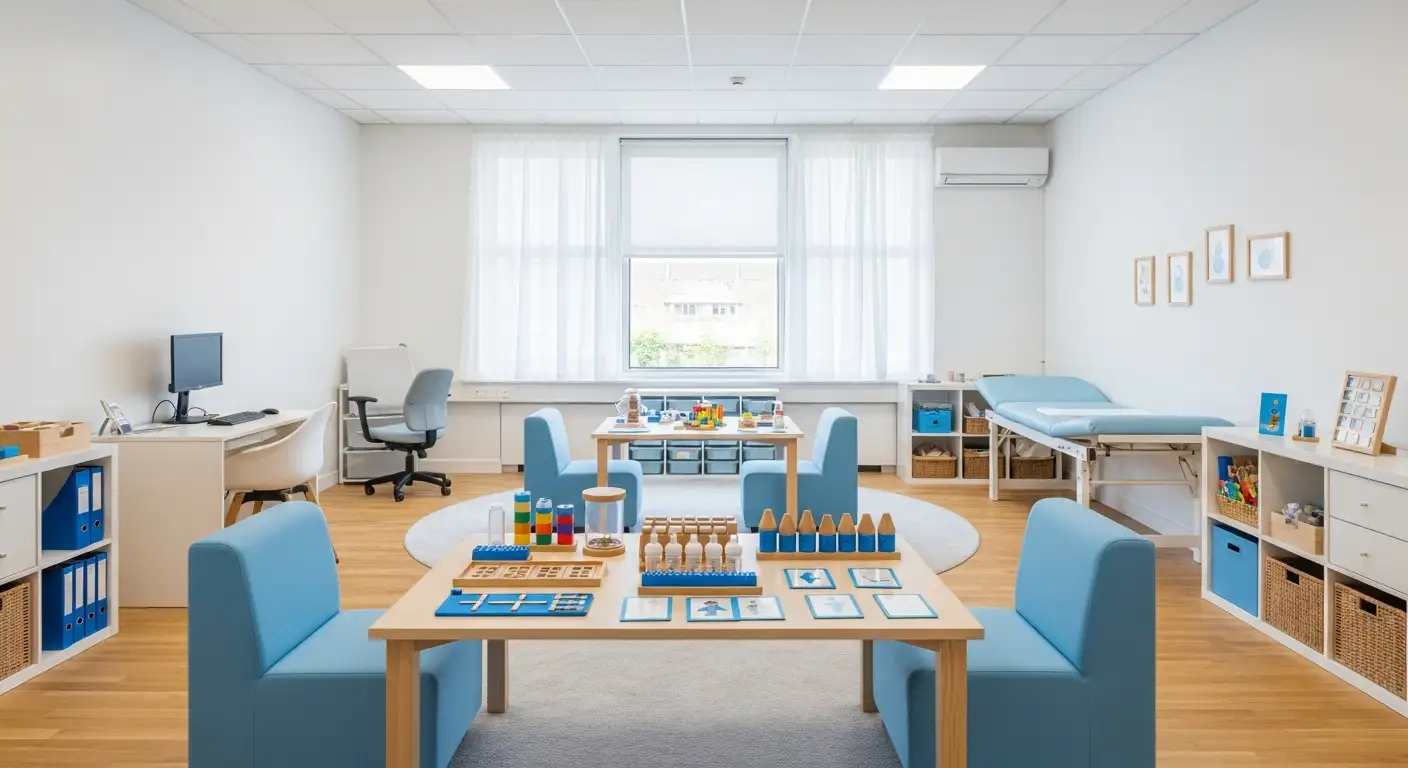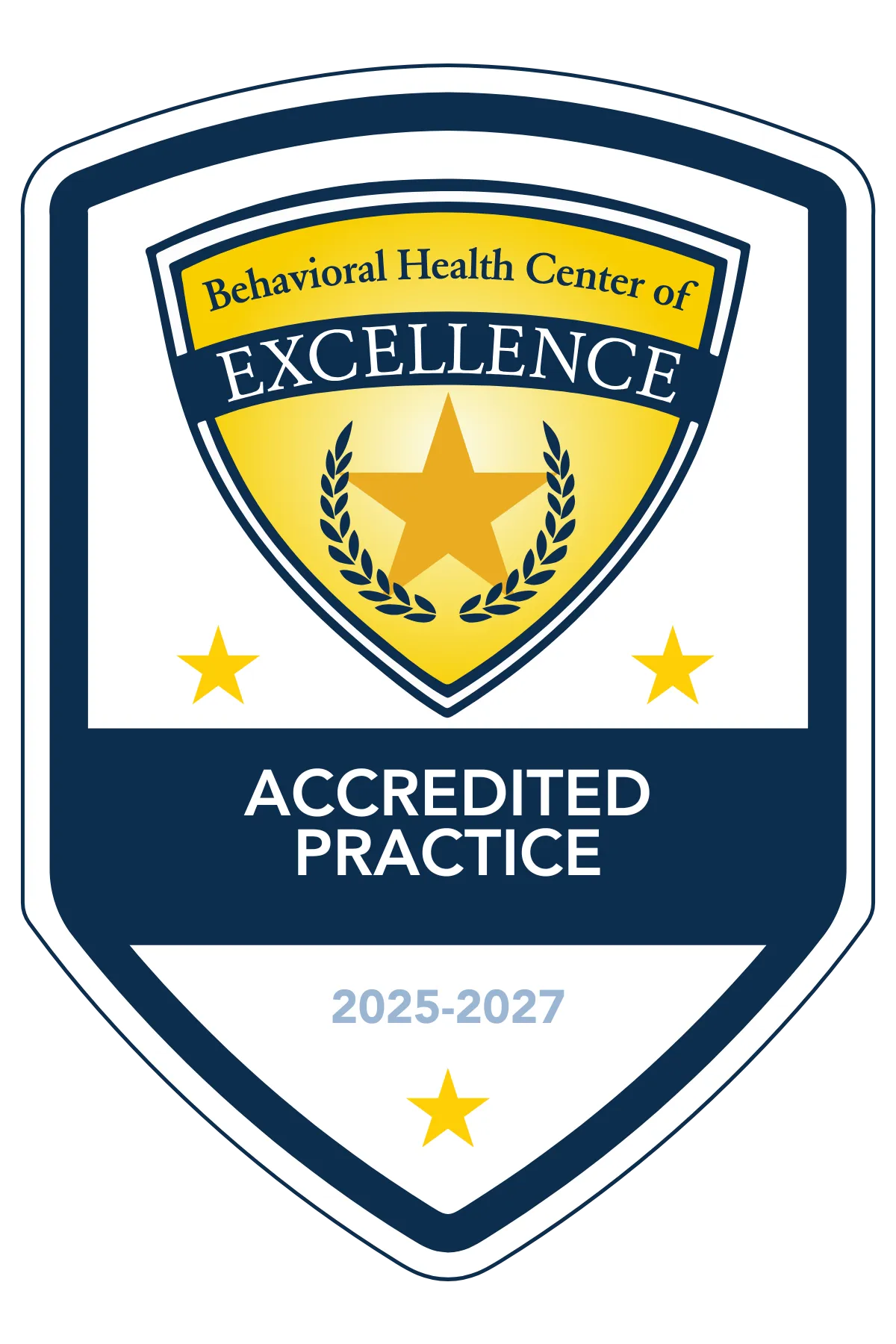Understanding the Impact of ABA Therapy on Educational Success
Applied Behavior Analysis (ABA) therapy is a scientifically validated approach that significantly enhances learning, social, and behavioral skills in children with autism. Its tailored strategies foster essential competencies needed for school readiness and lifelong independence. This article explores how ABA supports academic success, enhances social interactions, and prepares children with autism for the challenges of the classroom and beyond.
Foundations of ABA Therapy in Educational Contexts

What is ABA therapy and how does it support skill development in children with autism?
ABA therapy, or Applied Behavior Analysis, is a proven approach supported by the US Surgeon General and the American Psychological Association. It uses data-driven techniques such as positive reinforcement, prompting, task analysis, and shaping to teach children essential skills. The primary aim is to increase helpful behaviors like communication and social skills while reducing disruptive or harmful behaviors.
This therapy builds a foundation for learning by addressing various areas including language, attention, social skills, and academic abilities. It is highly personalized, adapting strategies to match each child's developmental level, interests, and specific needs. Through structured interventions, children learn to express needs, participate in social interactions, and navigate routines independently.
A major strength of ABA is its collaborative nature. Behavior analysts, families, and educators work together to create consistent, supportive environments. This teamwork ensures that strategies employed at home and school complement each other, leading to more effective skill acquisition and generalization.
In educational settings, ABA techniques are tailored to foster academic readiness, social participation, and self-regulation. These efforts help children become more independent learners and active classmates, setting the stage for success in school and beyond.
Building Communication and Social Skills for Academic Success

How does ABA therapy improve social skills, behavior, and learning in educational contexts?
ABA therapy plays a vital role in enhancing social skills, behavior, and academic performance for children with autism. It focuses on teaching them how to interpret and respond to social cues, such as facial expressions, gestures, and body language, which are crucial for meaningful interactions.
Through activities like role-playing, social stories, and peer-mediated interventions, children practice interacting appropriately with classmates and adults. These strategies help children learn turn-taking, sharing, and empathetic responses, boosting their confidence in social settings.
A core aspect of ABA is reinforcement, which encourages desirable behaviors by rewarding them with praise, preferred activities, or tokens. Modeling behaviors—where children imitate observed actions—further supports their social development. These techniques are often implemented in structured environments but also move towards naturalistic settings to promote real-world application.
In school environments, ABA’s emphasis on generalization allows children to transfer skills learned in therapy to everyday classroom interactions. Research highlights that ABA can significantly improve social communication skills, reduce social anxiety, and foster positive peer relationships. As a result, children are better integrated into inclusive learning environments, leading to improved behavior and academic engagement.
Incorporating peer-mediated approaches helps children practice social skills alongside classmates, creating a more inclusive and supportive classroom culture. Overall, ABA provides a comprehensive framework for developing the social, behavioral, and learning skills essential for academic success and positive social participation.
Supporting Academic Skills through ABA Strategies

What strategies used in ABA therapy help enhance academic performance?
ABA therapy utilizes a variety of methods to boost a child's academic abilities. One primary approach is the use of discrete trial training (DTT), which involves presenting clear, repeated opportunities for children to respond correctly to specific tasks. This helps reinforce correct behaviors and responses.
Another essential technique is task analysis, where complex academic skills like reading or problem-solving are broken down into smaller, manageable steps. This makes it easier for children to learn one component at a time, gradually building toward the full skill.
Natural environment teaching (NET) also plays a vital role by embedding learning within everyday activities and real-life contexts. This approach encourages children to apply skills as they naturally occur, supporting generalization.
Prompts and prompt hierarchies are used to guide children toward correct responses, gradually fading support as independence increases. Reinforcement, often through praise or preferred activities, motivates children to participate and achieve goals.
Systematic progress monitoring allows therapists and educators to track improvements closely. Based on data, they can modify strategies to ensure continued growth and success.
Promoting communication is also critical. Techniques such as picture exchange systems or modeling help children express needs and follow instructions more effectively in academic settings.
Together, these strategies create a structured, supportive environment that enhances learning, increases engagement, and fosters independence in academic tasks.
Fostering Independence and Managing Transitions in School Settings

How does ABA therapy support school transitions and independence for children with autism?
ABA therapy plays a vital role in helping children with autism navigate the challenges of school transitions while fostering their independence. It achieves this by focusing on building essential skills such as effective communication, social engagement, self-regulation, and daily living tasks. These skills are foundational for children to confidently participate and succeed in the school environment.
A core component of ABA in this context involves structured transition planning. Therapists use visual supports like schedules, timers, and cues to prepare children for upcoming changes, helping to lessen anxiety and resistance. This systematic approach ensures children understand routines and expectations, making transitions smoother.
Collaboration is also a significant aspect of ABA-supported school transitions. Behavior analysts work closely with families and educators to develop and implement consistent strategies through assessments and behavior intervention plans. These collaborative efforts ensure that skills taught at home are practiced at school, leading to better generalization and independence.
Parental involvement further enhances these outcomes. By receiving training and guidance from ABA professionals, parents can reinforce skills at home, create supportive routines, and encourage ongoing development outside school hours. This extensive support system prepares children to become more autonomous, capable of managing their routines, communicating needs, and independently navigating school activities.
In summary, ABA therapy equips children with the tools needed for seamless school transitions and promotes their journey toward greater independence and self-confidence.
Promoting Academic Readiness and Learning Skills

How does ABA therapy contribute to academic success and support learning for children with autism?
ABA therapy plays a vital role in preparing children with autism for school by focusing on developing essential academic and social skills. It systematically teaches communication, attention, and social interaction through personalized strategies that are rooted in evidence-based practices.
One of the core approaches of ABA is breaking down complex academic tasks, such as reading, writing, and math, into smaller, manageable components. Techniques like task analysis and natural environment teaching enable children to learn in real-life contexts, enhancing their ability to generalize skills across different settings.
Through consistent data collection and progress tracking, therapists monitor each child's development, adjusting interventions as necessary to maximize learning. Reinforcement strategies encourage students to engage actively with tasks, helping to increase focus, persistence, and motivation.
Collaboration with families and educators ensures a cohesive support system, reinforcing skills learned at therapy sessions within the classroom and at home. This integrated approach promotes independence, self-regulation, and adaptability, which are all crucial for academic achievement.
By fostering these foundational skills and ensuring ongoing assessment, ABA therapy significantly enhances children’s capacity to succeed in school environments, leading to improved learning outcomes and greater confidence in their abilities.
How do natural environment teaching and task analysis work in practice?
Natural environment teaching involves implementing learning opportunities naturally during daily routines, making education relevant and engaging for children. For example, a therapist might teach a child to identify classroom objects during free play or use social stories to practice sharing during snack time.
Task analysis breaks down complex academic skills into small, teachable steps. This simplifies the learning process, allowing for gradual mastery and increased independence. For instance, learning to write a sentence begins with understanding letter formation, followed by combining letters, then constructing complete sentences.
These methods help children learn practically applicable skills and promote retention. They also facilitate the generalization of skills to different situations, which is essential for ongoing academic success.
How is progress in academic skills monitored?
Data collection is a fundamental component in ABA therapy, providing objective evidence of a child's development over time. Therapists regularly record performance on targeted skills, such as following directions or completing tasks.
Progress reports and assessments enable the team to evaluate the effectiveness of interventions, ensuring strategies are personalized and adjusted as needed. This ongoing process supports continuous growth and helps maintain motivation and engagement.
By systematically tracking improvements and setbacks, ABA programs foster a supportive learning environment tailored to each child's evolving needs, significantly contributing to their academic journey.
The Role of Data and Personalization in ABA Programs
What are some strategies used in ABA therapy to enhance academic performance?
ABA therapy integrates a variety of evidence-based strategies to support children with autism in achieving academic success. Central to these are personalized intervention plans that consider each child's unique needs, preferences, and developmental levels. Therapists employ data-driven progress assessments to monitor improvements and adjust strategies accordingly.
To teach new skills efficiently, ABA utilizes techniques such as prompt hierarchies—gradually fading assistance to foster independence—and reinforcement schedules that reward correct responses. Naturalistic teaching methods incorporate real-life situations to promote skill generalization, making learning more relevant and effective.
Skills are often broken into manageable steps using task analysis, and immediate feedback helps children understand their performance. Visual supports like schedules, picture cues, and structured routines help children navigate expectations and sustain focus in the classroom.
Regular data collection is vital; it enables continuous evaluation of progress, ensuring interventions remain tailored and effective. This adaptability promotes steady advancement in both academic and social domains, maximizing each child's potential.
Long-term Benefits and Integration in School Systems
What is the impact of ABA therapy on long-term academic and social development?
Research shows that intensive, extended ABA therapy can lead to lasting improvements in various areas essential for success in school and beyond. Children receiving consistent ABA interventions often see significant gains in intellectual functioning, language skills—both expressive and receptive—and daily living abilities. These improvements not only help children perform better academically but also foster greater independence and confidence.
Moreover, social skills such as understanding social cues, turn-taking, sharing, and forming friendships tend to improve through targeted ABA strategies. These skills are crucial for meaningful interaction with peers and teachers, laying a foundation for social success.
In school environments, the integration of ABA programs—via collaborative efforts like individualized education plans (IEPs)—ensures that skills learned are reinforced and generalized across settings. Regular communication and shared strategies between therapists, teachers, and families promote consistency, making it easier for children to transfer skills from therapy to classroom and home.
Accessibility is also vital for sustained progress. When ABA services are covered by insurance or available through community programs, children can receive ongoing support without interruption. This continuous engagement helps maintain and deepen skill development over time.
Overall, ABA’s structured and flexible approach significantly contributes to a child’s ability to thrive academically and socially, providing long-term benefits that extend well into adolescence and adulthood. This comprehensive support system enables children with autism to build a foundation for independence, successful relationships, and active participation in their communities.
| Aspect | Impact | Additional Notes |
|---|---|---|
| Skill Development | Gains in language, social, and academic skills | Focus on personalized, evidence-based strategies |
| Social Integration | Better peer interactions, friendships | Training includes social cues, cooperative play |
| Academic Success | Improved attention, task completion | Use of task analysis, reinforcement |
| Support Systems | Collaborative IEPs and family involvement | Ensures skills are maintained and generalized |
| Accessibility | Insurance coverage, community programs | Critical for consistent, long-term progress |
Empowering Children for a Brighter Future
ABA therapy's evidence-based strategies and collaborative approach significantly enhance the academic, social, and behavioral outcomes for children with autism. By focusing on individualized skill development, promoting independence, and facilitating seamless school transitions, ABA lays a strong foundation for success both inside and outside the classroom. Recognizing the importance of early and sustained intervention, educators and caregivers are increasingly adopting ABA principles to unlock each child's potential and foster a future of inclusive, supportive learning environments.
References
- How ABA Therapy Supports School Readiness for Child with Autism
- How ABA Therapy Prepares Children for School Success
- ABA Therapy and School Inclusion for Children with Autism
- How Does ABA Therapy Support Children With Autism In School ...
- Transitioning to School: How ABA Prepares Children with Autism for ...
- Applied Behavior Analysis (ABA) | Autism Speaks
- School Success with ABA Therapy: Helping Your Child Thrive in the ...
- How Effective ABA Therapy Techniques Support Academic Success










